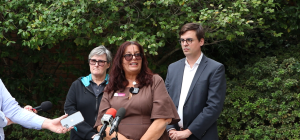The Western Australian Council of Social Service launches its 2013 Cost of Living Report today.
“We hope that this report brings some rigour to the current policy debate about the people who really are struggling to keep up with rising living costs,” said WACOSS CEO Irina Cattalini today.
“The evidence is quite clear that only those households on low and fixed incomes (such as those relying on income support, the minimum wage or low-skilled part-time and casual work) have seen their basic living costs going up faster than their incomes. Middle income families on average or above average wages have seen their pay packets grow faster than their essential living costs.”
The report models three representative low income household types (a single parent household combining part-time work and income support, a two-parent working family mixing full-time and part-time low-skilled work, and an unemployed single in shared housing) to measure each household’s capacity to meet a basic living standard and how it’s net weekly position has changed over time.
The report finds that basic living costs have increased faster than incomes over the last financial year for all three low income households, and that the income of the single parent family and the unemployed single are inadequate to meet basic living costs.
To address these problems, the Council is calling for:
A $50 per week increase to the Newstart payment;
Significant investment in public and community housing, incentives to create more affordable rentals, and increased assistance to low-income and vulnerable people;
An (annual) increase in the State Minimum Wage by the WA Industrial Relations Commission which takes into account the increasing cost of living in WA;
A 15% concessional electricity tariff for concession card holders;
Inclusionary zoning policies for new housing projects requiring 15% of developments over 10 units to be affordable to those in the lowest two income quintiles;
Review of the appropriateness, accessibility and adequacy of state concessions; and
Introduction of a targeted energy and water efficiency program for low income households.
KEY FACTS & REPORT FINDINGS
Housing is the major weekly expense for each of our households, accounting for between 29% and 45% of weekly income.
The 8.6% increase in rental costs accounted for between 61% and 74% of the total rise in living costs.
The lack of affordable housing for low incomes is the single biggest driver of financial hardship.
While utility costs rose faster (at around 12 – 13%) they account for only around 4-5% of weekly expenditure overall.
If our model single parent household is moved from Parenting Payment Single to Newstart Allowance this results in a $77 decrease in weekly income putting them $112 per week behind what is need to maintain a basic but frugal standard of living.
An estimated 65,000 single parent families were moved from Parenting Payment Single to Newstart Allowance in January 2013.
Australia is experiencing rising rates of child poverty with an estimated 575,000 children (or 1 in 6) in poverty, an increase of 15% since 2001.
The embargoed 2013 Cost of Living Report can be downloaded at: http://www.wacoss.org.au/Libraries/Publications_Media_Releases/2013_Cost_of_Living_Report_ EMBARGOED_5_SEPT.sflb.ashx
Media Inquiries: Chris Twomey, Director Policy, 0407 725 025 or (08) 9420 7222
To download a PDF of this media release, please click here.



